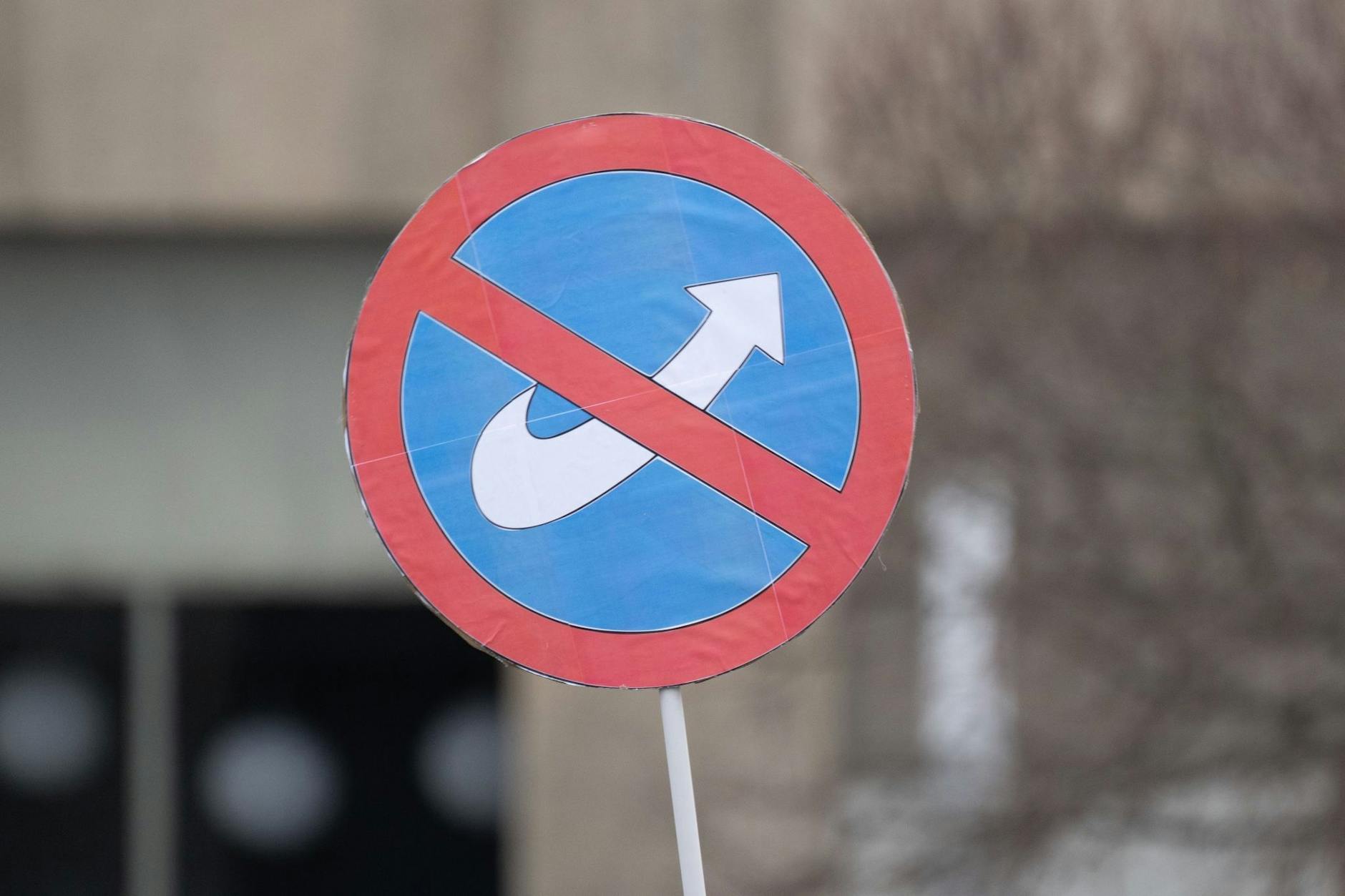Alexander Teske: Western media makers do not want to discriminate, but they make an exception for East Germans

I've lived in Hamburg for eight years. I'm always amazed at the image West Germans have of the East. It doesn't match my own. And yet, I spent the first 45 years of my life living in Leipzig, Chemnitz, and East Berlin, and I still return regularly. Where do people from Hamburg and West Germany get their opinions about the East? They rarely have direct contact or are there on the ground. They form their image primarily through the media they consume. And these media outlets are exclusively based in the West—run by West German journalists.
They are hardly read in the East. Which is why they are also written and broadcast for a West German audience. One example: Hanna and Weronika from Görlitz run the blog "Eastplaining". Here the women, 23 and 24 years old, explain the East to people their own age. Because they were tired of being confronted with the same prejudices over and over again. In March of this year they received an email from Der Spiegel in Hamburg: They wanted to introduce them. Shortly before, they had expressed criticism of the AfD. But that is not a focus of their work. "We were skeptical from the start," says Weronika. The two women do not want to see themselves and their work reduced to the topic of the AfD and have fears in this direction.
In a phone call, they expressed concerns that Der Spiegel would rehash old, common stereotypes. Then they agreed. Weronika: "We had a deal to read the script in advance." They filmed with Der Spiegel for a day and a half at the beginning of April. Hanna and Weronika showed the team their hometown on the Polish border: what was going well there and what wasn't, what had changed. They tried to paint a nuanced picture. The editors seemed interested. They also filmed the Monday demonstration. Here, neo-Nazis marched alongside peace activists and anti-vaccination protesters.

Hanna and Weronika are at the small counter-demonstration. They film at each demonstration for 30 minutes. Then the report appears, and Hanna and Weronika are the site's top story. But: "What was shown in the film wasn't what we wanted to portray." Half of the film was about the insignificant demonstrations. This was meant to be typical of Görlitz, typical of the entire East. "The report was clearly written for West German readers and reproduced many stereotypes. Görlitz has 56,000 inhabitants, and Der Spiegel focuses on 70 demonstrators. It was like safari journalism—we'll just drive over there and see what it's like. We felt like we were betraying our ideals," says Weronika.
The Hamburg-based journalists formally kept their promise to allow advance viewing of the script – they sent an email at 4 p.m. on Easter Sunday. The article was online the next morning. "We felt overwhelmed." The young women suddenly had full inboxes and received numerous responses. Based on the number of hits on their website, they could tell where Der Spiegel's readers primarily lived: in major cities in western Germany. In response, they wrote a blog post with their perspective, feeling they had to set the record straight.
It states: "The video doesn't begin with us, but with an older gentleman who is against 'the system'... I would have liked it if, for a change, a report about East Germany didn't begin with images that everyone already knows. What's the added value?" And further: "It wasn't our intention to portray ourselves as brave fighters against the blue swamp... We don't want to polarize even more. People aren't stupid, including the Monday demonstrators... We didn't want a blatant juxtaposition of 'young, well-educated, and intelligent bloggers' versus 'older, slightly backward former East Germans and Nazis.' We aren't the good guys, and 'they' aren't the bad guys."
The entry is read 2,000 times. "Only then did people who had also seen the Spiegel article say: Oh, yes, that's right, we were once again reduced to how right-wing the East is," says Weronika. They never heard from the Spiegel editorial team again. However, the story has a positive effect on the two women, who are studying in Thuringia: While their page was previously accessed about 250 times a month, it now has about 3,500 hits. And Hanna and Weronika are being asked to speak. This way, they can explain the East as they see it – free of prejudice.

The story of Hanna and Weronika is not an isolated incident. Der Spiegel is a repeat offender. At the Central German Media Days recently, literary scholar Dirk Oschmann recited a quote from issue 39/1990, which describes East Germans: "They wait patiently, shortly before nine in the morning, in line in front of the Aldi supermarket door, pale faces, greasy hair, looking down, hunched posture. Short quilted jackets, faded, shapeless jeans, beige-gray shoes, crumpled plastic bags in their hands. When they speak, it's in strange idioms. Some smell, and some steal like ravens, only their wives have orgasms more often."
In the must-see MDR documentary "It's Complicated – The East in the Media," all the Spiegel covers are shown again – "Billion-Dollar Grave: Upswing East," "That's How He Is, the Ossi," and "Valley of Tears East." Longtime reporter Hajo Schumacher, who also covered the paper's sports stories at the time, recounts: "The mission back then was: Drive over and bring us athletes and sports officials or even coaches who either have a Stasi history or a doping history, or ideally both."
This line is still being followed today. In July 2024, Der Spiegel's newsletter stated: "The residents of the federal states of Thuringia, Brandenburg, and Saxony have a great opportunity to lose their reputation for good in the state elections in September." Two weeks later, the "Situation in the Morning" was headlined: "Oh, how brown Thuringia is." In September, a "voter insult" described as satirical followed. At one point, the East German success story of the Katapult publishing house in Greifswald was defamed , at another, the newspaper's publisher, Holger Friedrich, was slandered . The fact that Der Spiegel merely represents large sections of the West German media is demonstrated by its coverage of Friedrich's revival of Die Weltbühne.
Of course, it's legitimate to allow critical voices to be heard. Unfortunately, some colleagues , for example at the Frankfurter Allgemeine Zeitung (FAZ), have crossed the line into polemics. And one wonders: Would they also attack a powerful West German publisher in the same way? The reflexes that would be triggered are probably more a case for a psychological study. West German media executives agree that one shouldn't insult severely disabled people, immigrants, women, queer people, or poor people. They are only happy to make an exception for East Germans. After the federal election, many newspapers claimed that the East was blue.
Rarely mentioned was the fact that the AfD received 70 percent of its votes in the West. As a result, there were numerous reports, such as in the Tagesspiegel, that West Germans were supposedly canceling their holidays in the East because they didn't want to vacation with fascists. This cannot be substantiated by the number of overnight stays booked. The FAZ also delivered an example of safari journalism on March 2, 2025. A West German editor devoted a full-page article trying to find out why the Eichsfeld district had voted for the AfD instead of the CDU for the first time. She suspects that these are people who "treat themselves to their first beer before the church bell strikes four times." And, of course, social media is to blame. The editor seems to have difficulty engaging with people, and the article ends with the idiosyncratic assumption that the AfD will not be as strong at the local level because it didn't campaign, is unknown in the city council, and is not present in the region.

Silvio Schwartz also runs a blog. Since 2011, he has been collecting examples on einwende.de, primarily of how the media views East Germany. He found it a shame that "only Jana Hensel, the young voice from the East, spoke," and he wished for more diversity and differentiation. "When right-wing extremism becomes a purely Eastern problem in the media" is the title of a recent entry on Deutschlandradio Kultur. The article suffers from an old pattern: "East Germany as a projection screen for everything that goes wrong politically." Under the headline "Young Nazis in Germany," the focus is only on the East. The most recent entry on einwende.de is dedicated to the taz newspaper and a visit by the editor to Wandlitz under the headline "Where the fat bigwigs lived."
Schwartz writes: "Anyone who views the GDR as a bizarre, special case makes honest dialogue about the past, responsibility, and coming together more difficult. They depoliticize experiences that still resonate in society today. And they contribute to the fact that many East Germans feel they are not being taken seriously." In an interview, Schwartz says: "It used to be even more absurd. Now it's not quite so outrageous; there's more sensitivity. On the one hand, there are more East Germans working in editorial offices; on the other hand, Pegida and the accusation of being a lying press have led to a rethink, so that people are more careful about what they write. What still exists, however, is this kind of event journalism, reporting before elections or German Unity Day."
One final example: the coverage of a new trend, the so-called Ostmullen (East German migrants). These are young women from the East who pose on TikTok wearing makeup, right-wing rock, and the German flag, and lip-syncing to songs by Freiwild or Böhse Onkelz. For a podcast from Die Welt, the "topic is terribly fascinating." Schwartz comments: "It's less an attempt to understand than a gawk at a phenomenon that is perceived as bizarre. Above all, East Germany is portrayed as a problem area."
Of course , the West is once again viewed as the norm and the East as the deviation from it . And of course, those affected aren't given a voice – people talk about them, but not with them. So, if a West German tries to explain the East to you soon and tells you that you don't understand democracy, don't judge too harshly: He doesn't know any better; he consumes mainstream West German media.
Berliner-zeitung




